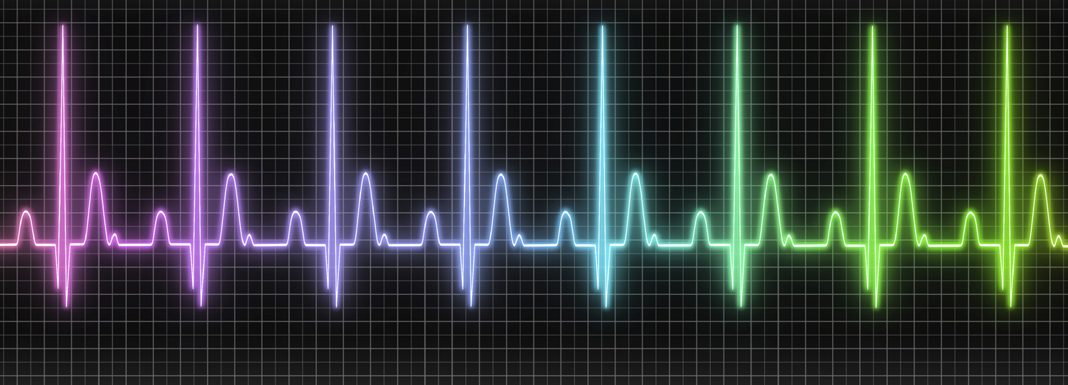If you have high blood pressure in the winter, you are at increased risk for a heart attack, even if your blood pressure is normal in the summertime (Hypertension Research, Sept 6, 2021;44:1363-1372). Blood pressure is often higher in winter and lower in summer (J Hypertens, 2020;38:1235-43), and heart attacks are significantly more common in the winter than in the summer (N Am J Med Sc, Apr 2013;5(4):266-279).
Blood pressure may be higher in the winter because of:
• colder temperatures
• reduced physical activity
• seasonal variations of hormones such as noradrenalin, catecholamine or vasopressin
• reduced vitamin D intake
• vasoconstriction of extremities in cold weather
Exposure to cold temperatures during the winter diminishes blood flow to your arms and legs, which can raise blood pressure (Lancet, 2015;386:369-75).
What is Normal Blood Pressure?
Normal blood pressure is 120/80 mm Hg or lower (systolic/diastolic). If your systolic blood pressure is 121-140 mm Hg or your diastolic blood pressure is 81-90 mm Hg, you should make lifestyle changes to lower your blood pressure to normal. Your doctor will decide if you need to take medications. If your systolic blood pressure is over 140 or your diastolic is over 90, most likely you will immediately need medications in addition to lifestyle changes.
If you have an occasional systolic blood pressure measurement that is greater than 120 or your diastolic is greater than 80, take your blood pressure at home at different times of the day regularly, keep a record and share it with your doctor. See Check Your Own Blood Pressure
If you have high blood pressure only in the winter, your doctor will probably recommend taking medications to lower it. Since cold temperatures raise blood pressure, adjusting the heat in your house and wearing warmer clothing can help to lower it. At any time of the year, people with blood pressure problems should follow all of the lifestyle rules listed below.
Lifestyle Changes to Treat High Blood Pressure
• Follow a plant-based, anti-inflammatory diet such as the DASH diet, and lose excess weight if overweight. Eat lots of fruits, vegetables, whole (unground) grains, beans, nuts and other seeds. Restrict meat, sugar-added foods, fried foods, refined carbohydrates (flour, white rice) and most processed foods. See How Your Diet Affects Your Blood Pressure
• Check for a fatty liver. Even if you are not overweight, if you can pinch more than two inches of fat under the skin near your belly button, you are likely to have excess fat in your liver that can lead to high blood pressure and diabetes. Your doctor can check for fat in your liver with a sonogram that uses no radiation. A fatty liver is a known life-shortener; see A Big Belly Increases Risk for a Heart Attack.
• Decrease Salt Intake. Excess salt raises blood pressure. Restrict salty foods such as chips, French fries, salted nuts and most processed foods; check labels for sodium content.
• Restrict caffeine, found in coffee, tea and many soft drinks.
• Drink plenty of water.
• Exercise. If you are not currently exercising, it would be wise to check first with your doctor and get some instructions from experts on how to start an exercise program with the activities you prefer. Try to work up to at least 30 minutes every day, alternating vigorous and easy days.
• Avoid alcohol in any form (see Alcohol Does Not Appear to Prevent Heart Disease).
• Avoid smoking and second-hand smoke.
• Keep blood levels of hydroxy vitamin D above 30 ng/mL.
My Recommendations
If your average systolic blood pressure is over 120 or your average diastolic pressure is over 80, you should immediately make all the lifestyle changes necessary to lower it. Your doctor may feel that you need medications to lower high blood pressure, but lifestyle modifications can often bring your blood pressure to normal so it may not be necessary for you to stay on medication (Circulation, Sept 27, 2021;144:1212–1226).


